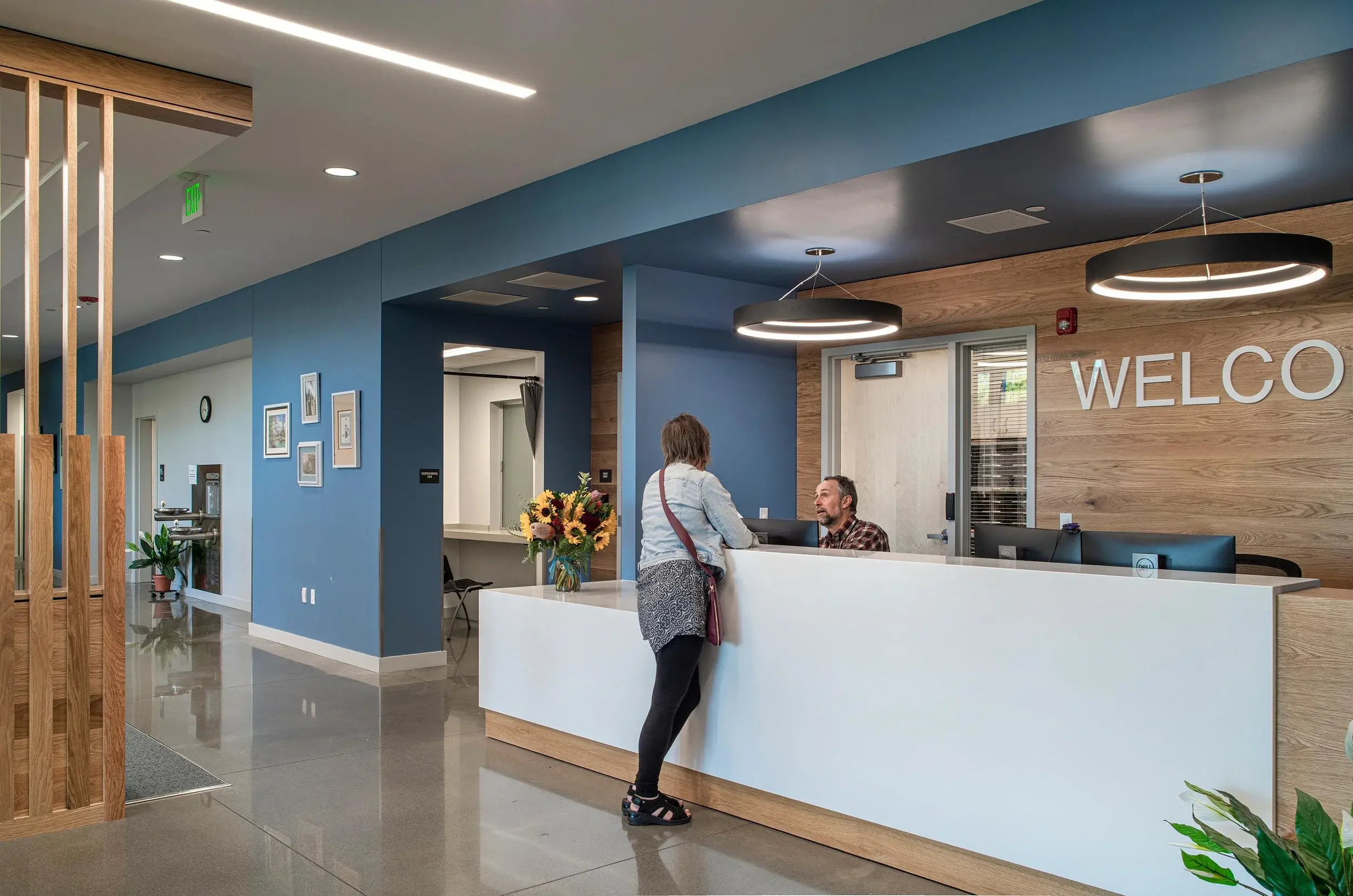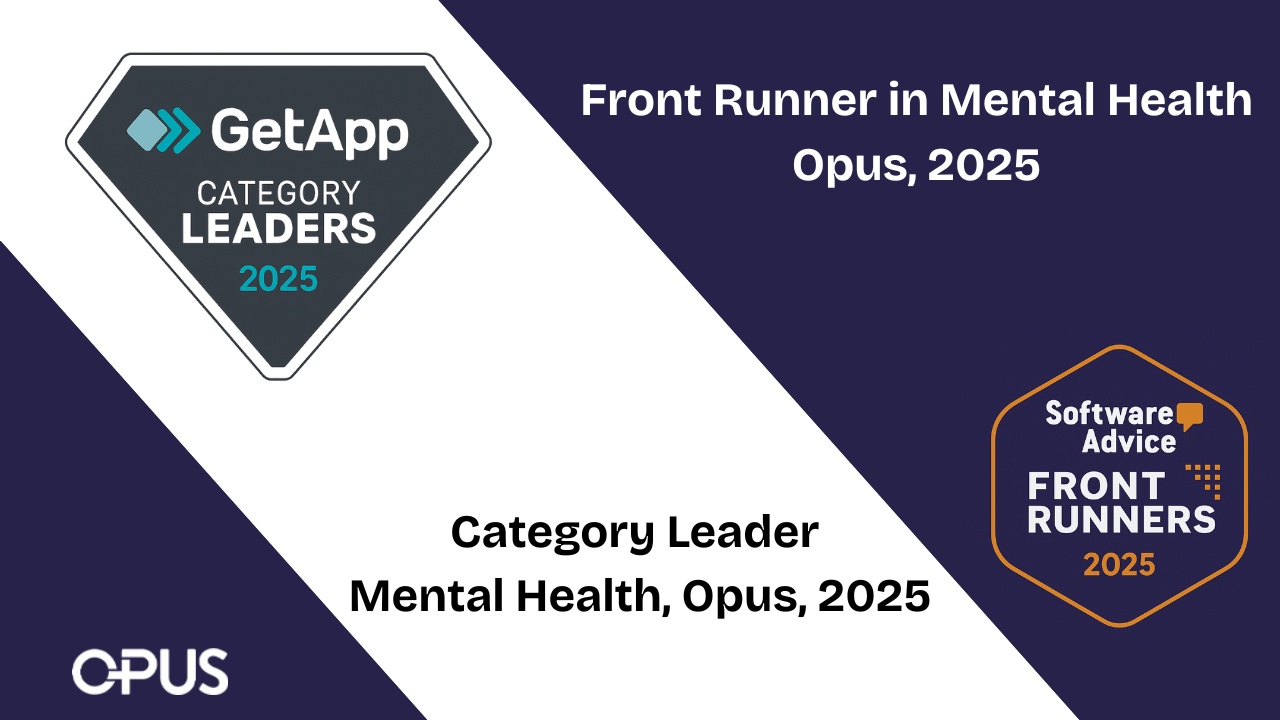Minority Mental Health Awareness: How Organizations Analyze Disparities Through Customizable EHR Tools
National Minority Mental Health Awareness Month is an annual observance to bring awareness each July to the unique struggles that racial and ethnic minority communities face regarding mental illness in the United States. Behavioral health conditions do not discriminate based on background. However, it can make access to mental health treatment more difficult. Taking on the challenges of mental health conditions, health coverage and the stigma of mental illness requires all of us. In many communities, these problems are increased by less access to care, cultural stigma, and lower-quality care.
Organizations are becoming more aware of the importance of diversity and inclusion to provide quality care for all. National Minority Mental Health Awareness Month is a time to bring attention to these disparities and work towards solutions. This year let’s come together to support behavioral health care for everyone.
In the United States, mental health conditions do not discriminate based on background; however, access to mental health treatment can be more difficult for minority communities. According to the National Alliance on Mental Illness (NAMI), African Americans are 20% more likely than whites to experience serious mental health problems. Latinos are 30% more likely to report psychological distress than non- Hispanic whites. And Native Americans have the highest rate of any group of suicide attempts—twice that of the general population.
Many factors contribute to these disparities, including less access to care, cultural stigma, and lower-quality care. National Minority Mental Health Awareness Month is a time to bring attention to these disparities and work towards solutions.
To bring awareness to minority mental health by focusing on supporting each other and our loved ones when it comes to behavioral health—no matter who we are or where we come from. We all have a role to play in promoting mental wellness in our communities.
These days Behavioral Health organizations are generally sensitive and on board when it comes to diversity and inclusion in their organizations, as top priorities to address the disparities that affect minority communities. There are many ways that organizations can create an environment that is welcoming everyone including hiring diverse staff, creating culturally sensitive programs, and tracking data on race and ethnicity to identify areas of need. Behavioral health organizations must understand their clients’ diverse needs to explore the best-suited treatment plans for them to recover.
There are always ways to improve and bring awareness of client needs and to create treatment programs based on those needs. By doing this, organizations can understand their clients better and provide care that is more effective and culturally sensitive. Additionally, organizations can be actively involved in their community. This includes collaborating with local organizations and connecting with different communities. Doing this will help organizations learn more about the cultures they serve and identify any disparities that may exist. Lastly, organizations could be more proactive in their communication. This means being open to feedback and engaging in conversation with members of their community. By doing this, organizations can create an environment where everyone feels welcome to share and their cultures appreciated.
Opus EHR’s customizable platform can help organizations generate clear reporting with demographic information and track data on race and ethnicity through Behavioral Health EHR features. This information can help identify areas where disparities exist and work towards solutions to develop more effective treatment programs.
Another way that organizations can create an environment that is welcoming to everyone is by educating their employees on Diversity and Inclusion. This means teaching employees about the importance of Diversity and Inclusion and how they can contribute to creating an inclusive environment. Employees could be informed about the different experiences and backgrounds of people from diverse groups and learn how to identify and address discrimination and bias. Additionally, employees could be encouraged to participate in Diversity and Inclusion initiatives. By doing this, organizations can create a culture where Diversity and Inclusion are valued and appreciated.
Standard benefits:
- Diversity leads to better problem solving and creativity
- Diverse groups are more likely to question the status quo, leading to change
- Inclusion leads to a sense of belonging, which is essential for mental health
Emotional benefits:
- Diversity can lead to increased self-awareness and understanding
- Diversity can break down stereotypes and prejudices
- Inclusion can provide a sense of community and support
Overall being sensitive and informed on patient tracking metrics based on demographic reporting and creating custom reports to find such data are important for Behavioral Health organizations, through Opus EHR’s tools and reports, practices can do just that, contacts your Opus EHR representative to learn more!






